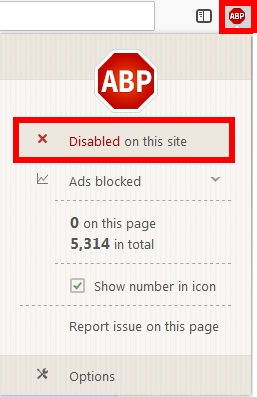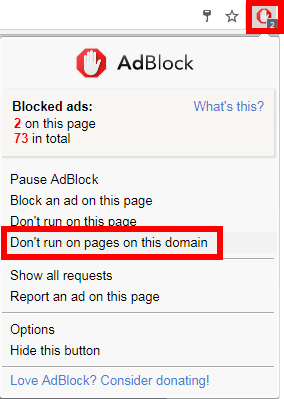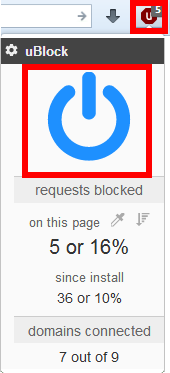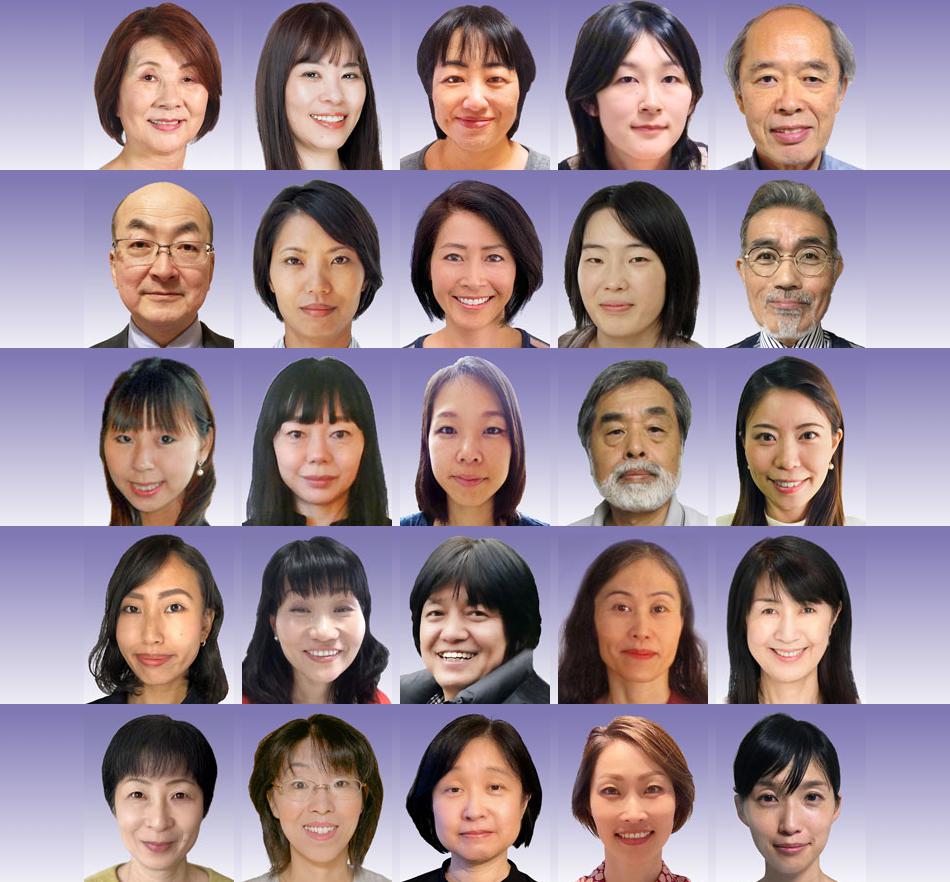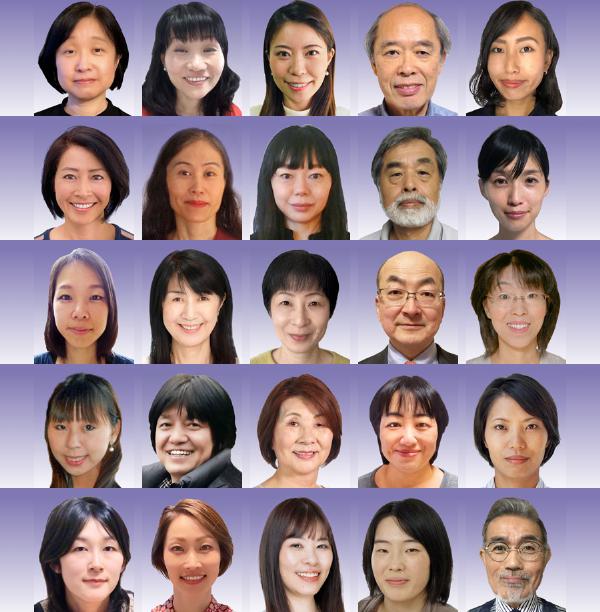This free page is supported by advertising.
To view our free content, please disable your ad blocker on Nihongo-Pro.com.
Learn Japanese kanji fast with Kanji Explorer, our powerful kanji search tool below.
Also, check out our free Japanese games:
The Japanese Language Proficiency Test is popular among students of Japanese throughout the world. Five levels, from N5 (most basic) to N1 (most advanced), are offered. The JLPT covers kanji knowledge, as well as Japanese vocabulary, grammar, reading comprehenshion, and listening comprehension.
The Japanese Kanji Aptitude Test (Kanken) is popular among the Japanese people as a test of kanji knowledge. The Kanken is offered online and in person at 12 levels, so it is a great way for anyone to measure their kanji knowledge!
Learn which kanji are taught at each grade level in Japan. Japanese kids start learning kanji in the first grade; by the end of elementary school (sixth grade), they are expected to have mastered about 1,000 kanji.
Learn the stroke count of each kanji. Stroke count is a key piece of kanji information—you might see a Japanese counting out strokes by finger-drawing a kanji in his palm.
Learn kanji by their radical, or bushu. Many Kanji dictionaries organize kanji by bushu, plus, if you plan to take the Japanese Kanji Aptitude Test (Kanken), you will need to know all about bushu.
Learn which kanji used most frequently in Japanese newspapers. Reading newspapers is a great way to get started in reading real Japanese—the writing style is direct and easier to understand than novels or short stories.
However, Japanese newspapers use a lot of kanji—focus your study on the most frequently used characters, and you can breeze through Japanese newspaper articles!
Learn kanji used exclusively in Japanese names. Most names use non-exlusive kanji—i.e., kanji that are used in ordinary words as well as names. However, this group of kanji appears only in Japanese names.

